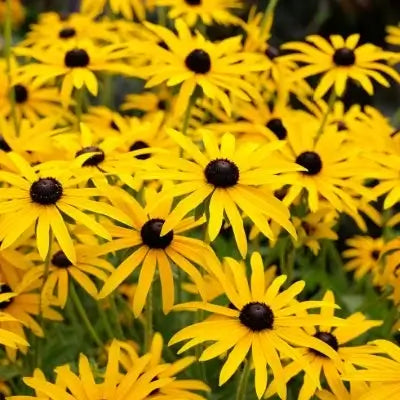How to Prevent Black Mold in your Garden
Black mold can be a severe issue for your plants. If you are dealing with any mold problem, removing any plant before it can spread throughout your garden is best.
Black mold can be caused by pest insects such as aphids. Aphids will leave behind a sticky substance called honeydew. Not only does honeydew foster mold growth, but the content will also attract ants.
The best way of preventing mold infestation is to get rid of aphids. An excellent way to detect them is to look at the leaves. They can come in many colors, but their primary colors are brown, yellow, or red. They can appear as a gel-like substance on leaves. You can pick them away or use an insecticide on them. Try using an organic pesticide such as citrus, pepper juice, or fatty acids. It is the best way of killing any insect without harming your plants. They will also be an excellent way to keep good insects like ladybugs around. You can also spray some water on your plants to keep these insects away.
Other ways to prevent block mold include keeping a garden free of excess moisture. It can be challenging during the summer with the extra humidity and rain, which is a breeding ground for molds such as black rot. Black rot can affect plants like tomatoes or eggplants. Always inspect your garden after it has rained. If the soil quality is muddy, apply extra soil or compost to add plant nutrients and soak up extra water.
There are also a variety of fungicides that will protect plants from mold contamination throughout the season. Organic fungicides like calcium bicarbonate are suitable fungicides to use in any garden. Be careful not to use too much since they can turn plants green if exposed to the sunlight for too long. Fungicides like calcium bicarbonate are a great way to prevent mold contamination and kill any fungal spores quickly.
Other signs of mold infestation include light dust on leaves or white spots on the leaves. If dealing with a mold problem, it is best to deal with the situation immediately. Mold can drain plant nutrients and lead to plants rotting over time. Always keep an eye on your plants and be careful of weeds and insects that might spread disease.

























































